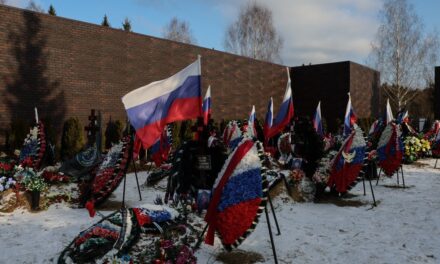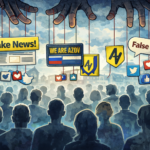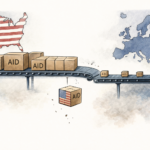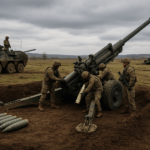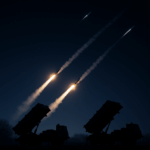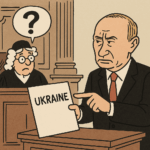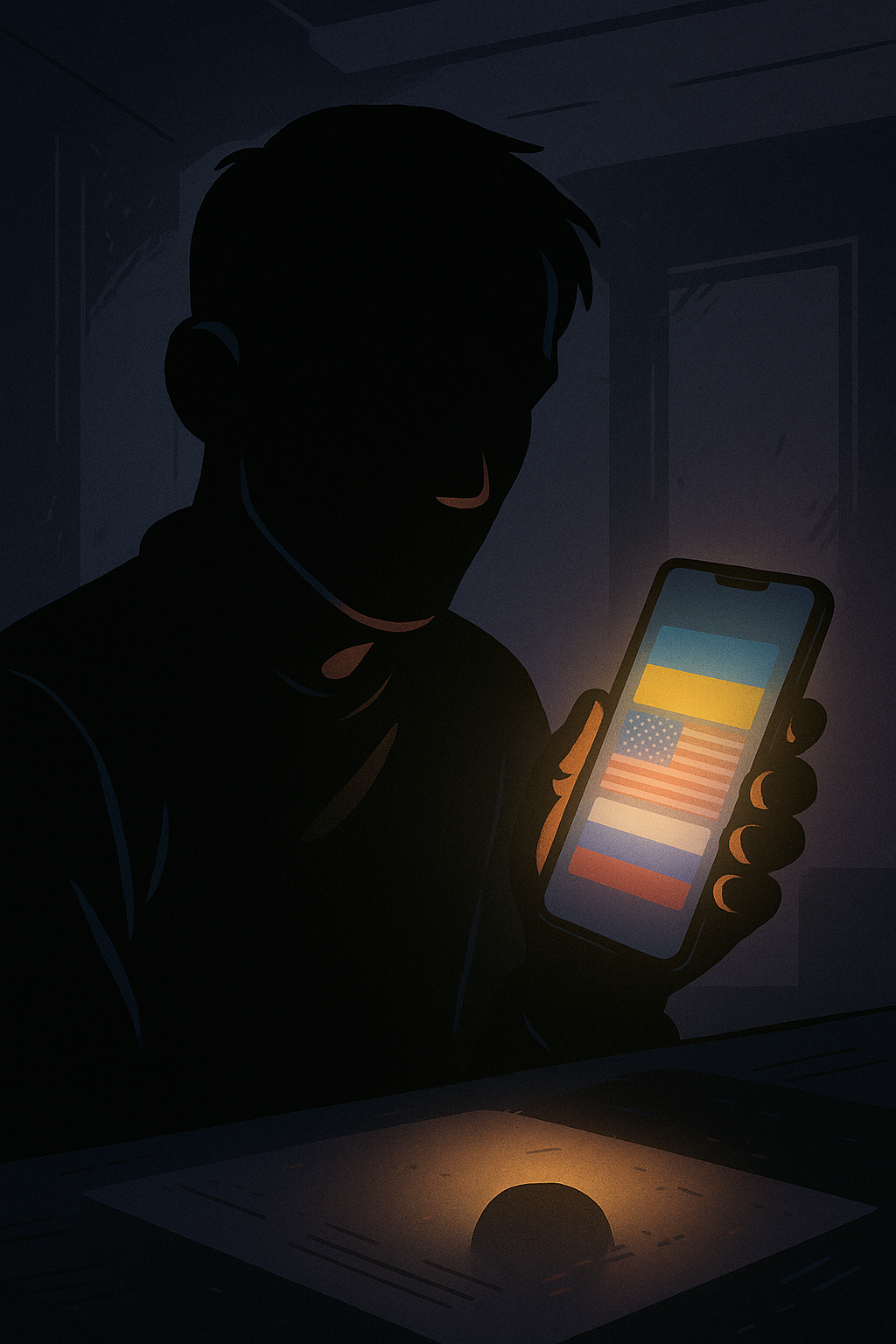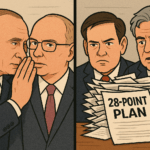In a high-profile interview with Tucker Carlson, U.S. President Donald Trump’s special envoy, real estate developer Steve Witkoff, offered an unusually sympathetic account of his two recent meetings with Vladimir Putin in Moscow (Feb. 11 and Mar. 13). Witkoff praised Putin’s demeanor and suggested the Kremlin leader was forthright, casting the conversations as the first steps toward restoring U.S.–Russia relations and laying groundwork to end the full-scale war against Ukraine. He also relayed that Putin expressed personal concern for Trump after the July 13 assassination attempt, an anecdote Witkoff used to underscore the prospect of warmer ties.
Substantively, Witkoff advanced positions that align closely with Moscow’s stated red lines. He argued that any eventual settlement would preclude Ukraine’s NATO membership, while leaving open the idea of non-NATO security guarantees. He further intimated that recognizing Russian control over Crimea and the four partially occupied regions—Donetsk, Luhansk, Zaporizhzhia, and Kherson—could resolve the war, citing supposed local preferences expressed in “referendums” that most of the world considers illegal and coerced under occupation. Witkoff also echoed battlefield narratives favorable to the Kremlin, including the claim that Ukrainian forces were encircled in Russia’s Kursk region—an assertion contradicted by Ukrainian authorities and independent Western assessments.
The reaction documented by Ukrainian and international observers was swift and alarmed. Commentators criticized Witkoff for presenting half-truths and repeating propaganda talking points, while downplaying Ukraine’s legal and political constraints—chiefly, constitutional prohibitions against surrendering sovereign territory. Analysts warned that normalizing these positions could lock in Russian gains, undermine Kyiv’s negotiating leverage, and signal premature U.S. concessions before formal talks even begin. They also questioned the factual rigor of the envoy’s public messaging and the wisdom of positioning an unelected intermediary as a principal voice on questions with direct implications for European security architecture.
Taken together, the interview painted a picture of an emissary emphasizing personal rapport and transactional pragmatism over accountability for aggression or internationally recognized borders. Whether Witkoff’s outreach represents an exploratory channel or a preview of a harder policy turn, the controversy highlights the stakes for Ukraine: security guarantees that avoid NATO membership, pressure to accept territorial loss, and a public diplomacy campaign that—intentionally or not—narrows the acceptable end-states of the war to those preferred by the Kremlin.




